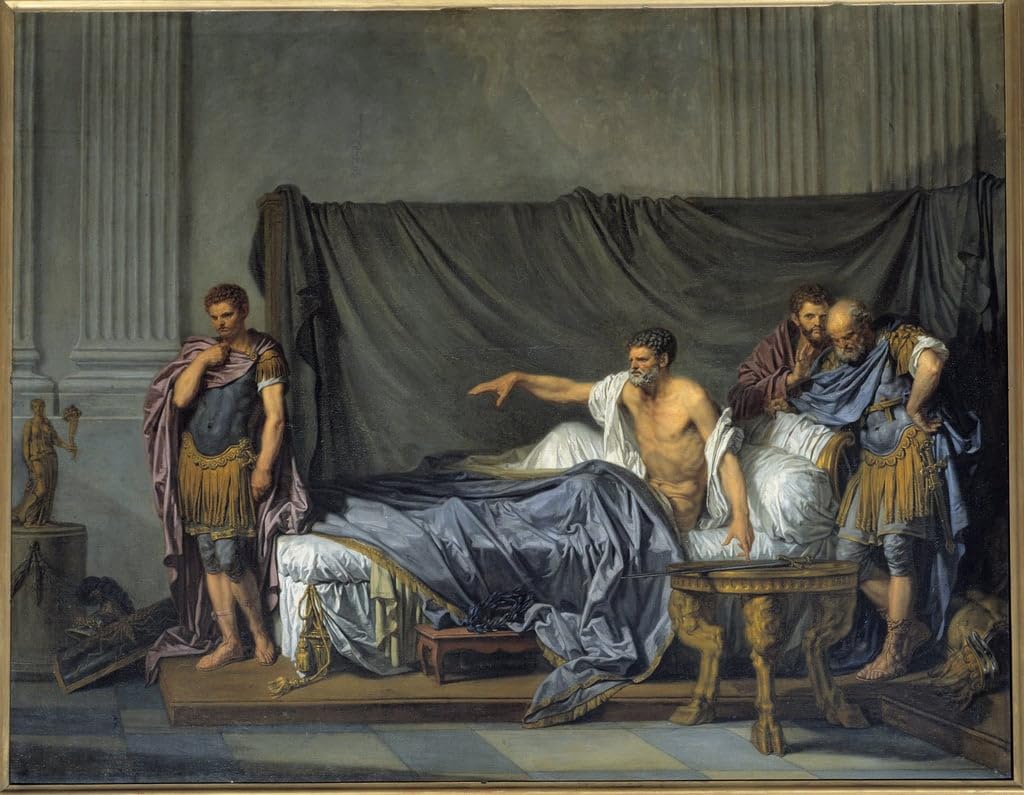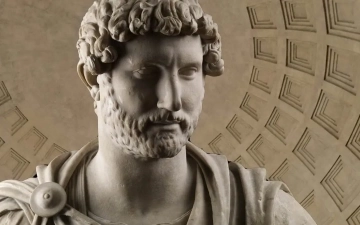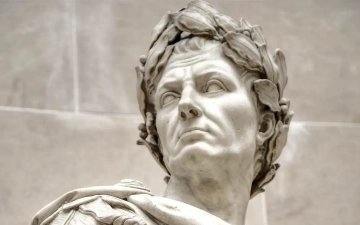Pertinax: The Brief Respite in Rome’s Chaotic Succession Crisis

The latter part of the 2nd century AD was a period of profound instability for the Roman Empire. The capricious and tyrannical reign of Commodus had left the empire in a state of disarray. His assassination in 192 CE ushered in a chaotic period often referred to as the Year of the Five Emperors. Amidst this turmoil, a figure emerged who offered a brief respite from the chaos: Publius Helvius Pertinax.
Pertinax was a far cry from his predecessor. A seasoned general and experienced administrator, he had earned a reputation for honesty, integrity, and competence. His appointment as emperor by the Senate was seen by many as a return to traditional Roman values.
Upon assuming power, Pertinax immediately set about reforming the empire. His primary focus was to restore fiscal stability. The extravagant spending habits of Commodus had drained the imperial treasury. Pertinax implemented austerity measures, reducing the size of the imperial household and cutting back on lavish public expenditures. These reforms were essential to prevent economic collapse.
Another key area of focus for Pertinax was the reform of the Praetorian Guard. This elite military unit had grown increasingly powerful and corrupt under Commodus. They had become a law unto themselves, and their involvement in the emperor's assassination highlighted their dangerous influence. Pertinax recognized the need to curtail their power and restore discipline to the guard.
While Pertinax's reforms were essential, they were also unpopular. The Praetorian Guard, in particular, resented the emperor's attempts to reduce their influence. Their resentment would ultimately lead to his downfall.
Pertinax was a man of principle, but he was also a realist. He understood the precarious nature of his position and the constant threat to his life. Despite the dangers, he remained committed to his duties and to the welfare of the empire.
Tragically, Pertinax's reign was cut short after only a brief period of three months. In January 193 CE, the Praetorian Guard, in a blatant act of mutiny, assassinated the emperor within the walls of the palace. His death plunged Rome back into chaos, as ambitious individuals vied for the imperial throne.
The brief reign of Pertinax serves as a stark contrast to the tyranny of Commodus. It is a reminder of the potential for good governance even in the darkest of times. While his legacy is overshadowed by the tumultuous events that followed, Pertinax's memory lives on as a symbol of integrity and duty.
His assassination marked a turning point in Roman history, as the crisis of imperial succession deepened. The empire would continue to be plagued by instability and civil war for decades to come.
Related Posts
Hadrian: Building Walls and Bridges in Ancient Rome
In the annals of Roman history, Emperor Hadrian stands out as a multifaceted ruler known for his significant architectural projects, military achievements, and contributions to the empire's cultural development. His reign, from 117 to 138 CE, was marked by a commitment to both defending and connecting the vast Roman territories....
Read MoreYear of the Four Emperors: A Visual Timeline
📅 68 AD April: Galba, governor of Hispania Tarraconensis, and Vindex, governor of Gallia Lugdunensis, rebel against Emperor Nero.May: The Rhine legions defeat and kill Vindex in Gaul.June 8: The Senate declares Nero a public enemy.June 9: Nero commits suicide; Galba is recognized as emperor.November: Vitellius is appointed governor of Germania...
Read MoreElagabalus: The Controversial Reign of Rome’s Youngest Emperor and His Religious Revolution
Elagabalus, born Varius Avitus Bassianus, is one of the most enigmatic and controversial figures in Roman history. Elevated to the imperial throne at the tender age of fourteen, his reign was marked by extravagance, scandal, and a radical religious transformation. His rise to power was as dramatic as his subsequent reign....
Read MoreThe Evolution of Customer Expectations In A Digital-First World
Introduction: When Everything Changed for Travelers Think back to your last vacation ten years ago. Going off-grid was actually part of the appeal, wasn't it? Fast forward to today, and that mindset seems downright prehistoric. Modern travelers want their phones working before the plane wheels touch down, and they're definitely not...
Read MoreRamoth-Gilead: The Ancient Stronghold of Israel
Ramoth-Gilead, an ancient city of great biblical and historical significance, was a major stronghold located in the region of Gilead, east of the Jordan River. The city, often mentioned in the Old Testament, played a crucial role in the territorial struggles between Israel and its neighboring nations. Today, the exact...
Read MoreAugustus: The Architect of Imperial Rome’s Golden Age
In the grand tapestry of ancient Rome's history, one name stands out as a pivotal figure who played a transformative role in shaping the destiny of an empire. That name is Augustus, the first Roman Emperor, whose reign marked the beginning of a remarkable era known as the Pax Romana...
Read More






















